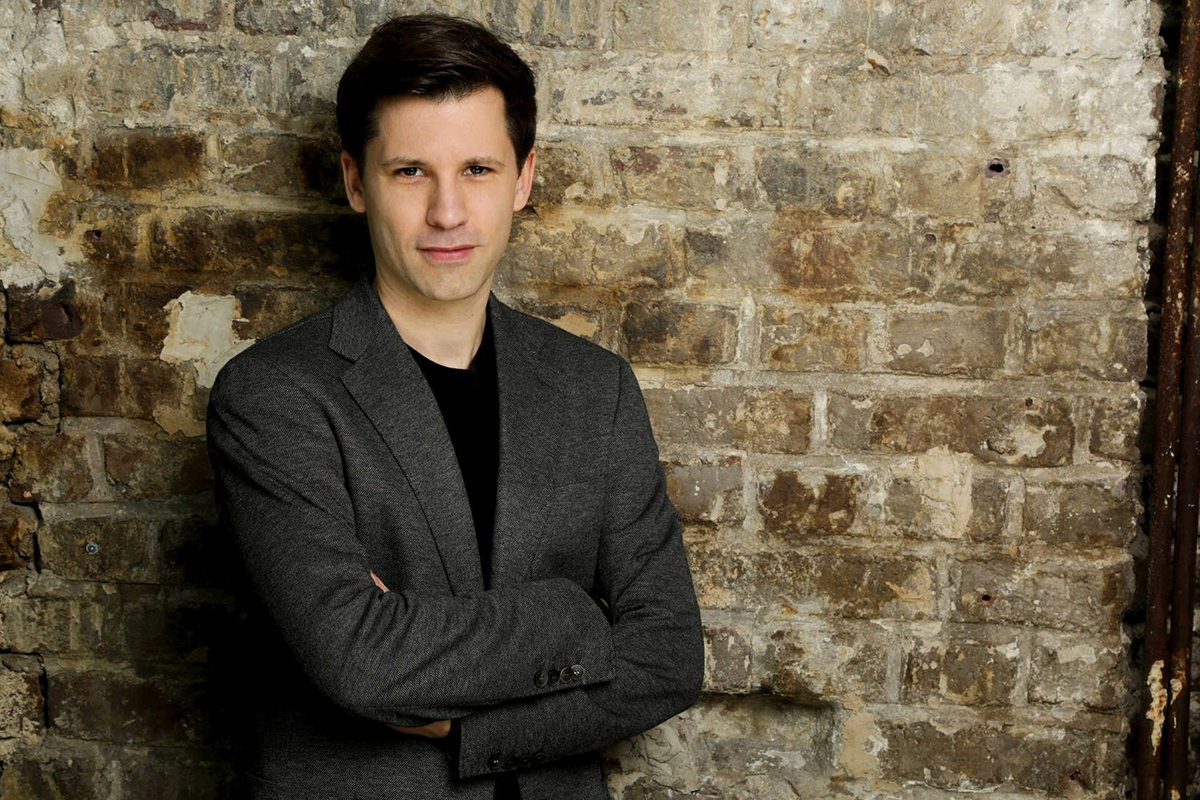Ethical recommendations for triage of COVID-19 patients
An international expert group led by Mathias Wirth, Professor of Systematic Theology and Ethics at the University of Bern, has developed recommendations for avoiding triage of COVID-19 patients in extreme situations. The recommendations should support medical personnel in difficult decisions during a second wave of the infection and ensure better patient care.
“A lack of intensive care ventilation units owing to rapidly increasing infection rates numbers among the most significant nightmare scenarios of the corona pandemic,” says Mathias Wirth, Head of the Ethics Department in the Faculty of Theology at the University of Bern, because: “Shortages of supply can result in triage of patients suffering from severe cases of COVID-19 and thus force a life or death decision.” Here, triage means favoring some COVID-19 patients over others depending on urgency and prognosis. Together with experts from Yale University, King’s College London, Charité Berlin and Essen University Hospital, medical ethicist Mathias Wirth has prepared a statement on these difficult decisions. The statement was published in the “American Journal of Bioethics (AJOB)”, the most frequently cited scientific journal in the entire field of ethics.
Triage is only ethically justifiable under very specific circumstances
The experts warn against the possibility of prematurely implementing triage; even though triage allows for decisions based on fairness in extreme situations, it leads to significant strain on the affected parties, relatives and medical personnel. In order to avoid it, every effort must be made to transfer seriously ill patients to other hospitals without shortages of supply – across country borders in case of emergency, according to the authors.
In concrete terms, Mathias Wirth’s team of researchers recommend increased regional, national and even international collaboration in intensive care for COVID-19 patients in preparation for future waves of infection. “Just because triage is correct under some circumstances does not mean that it is correct under all circumstances,” says Wirth. “There is no real and legitimate triage situation as long as treatment spaces are available elsewhere.”
Negative decision requires special care
Secondly, a negative triage decision for individual people should not under any circumstances mean that their medical and psychological care is neglected. Quite the opposite: If they are deprived of a ventilator, maximum effort is required for their care and treatment, both for them and for their relatives.
The statement from Wirth et al. presents all stakeholders who advocate for more collaboration in the future situation with strong arguments. Because the judgments associated with triage give too little consideration to moral problems, according to medical ethicists. “The suffering that triage decisions involved for patients, relatives and medical personnel in the epicenters of the first wave attests to this,” says Wirth. Thanks to the recommendations, triage planning can be classified more clearly as a last resort, meaning that alternatives must be afforded greater attention.
Institute of Systematic Theology and the Ethics DepartmentThe Institute of Systematic Theology (IST) in the Faculty of Theology at the University of Bern considers it to be its task to reflect critically and interdisciplinarily on the doctrines of Christianity, including interfaith links: with a focus on internal rationality (Dogmatics Department), the consequences for human actions (Ethics Department) and with a focus on the foundations of thinking (Philosophy Lectureship). The church’s view of community care is also central (Pastoral Care Lectureship). In addition to medical ethics, the Ethics Department has research focuses on research into the relationship between transgender, theology and ethics, as well as sexualized violence, for example. |
Publication details:Wirth, Mathias, Rauschenbach, Laurèl, Hurwitz, Brian, Schmiedebach, Heinz-Peter, & Herdt, Jennifer. (2020). The Meaning of Care and Ethics to Mitigate the Harshness of Triage in Second-Wave Scenario Planning During the COVID-19 Pandemic. The American Journal of Bioethics. https://www.tandfonline.com/doi/full/10.1080/15265161.2020.1777355 |
2020/07/16


